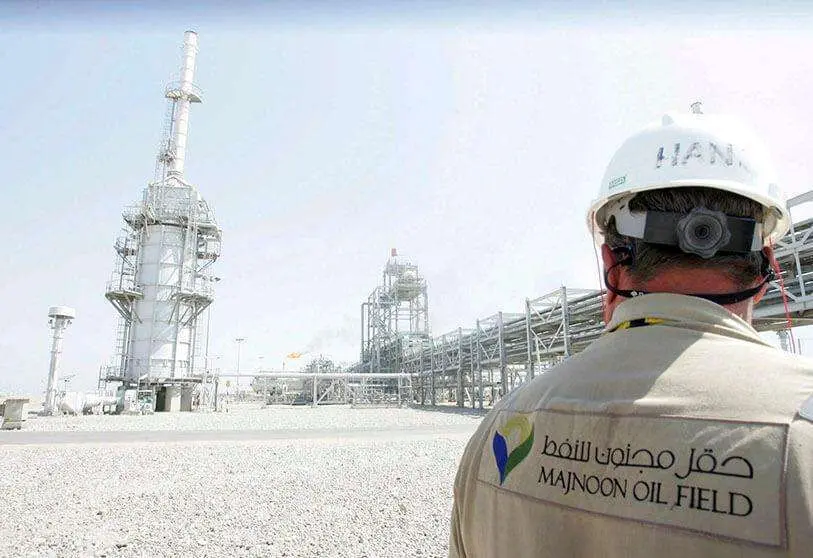Iraq suspends oil shipment to Jordan due to falling barrel prices

Iraq has suspended the agreement that Jordan has to send it daily oil supplies because of falling barrel prices, according to the Al-Ain News. Jordan's energy ministry issued a statement picked up by Jordania TV reporting that Iraq's decision was motivated by the unprecedented collapse in international oil prices. Jordan received the first trucks of crude oil from the Kirkuk fields in September last year to meet up to 7% of its domestic demand, according to Hala Zawati, Jordan's Energy Minister.
Supplies resumed thanks to an earlier agreement for oil supplies that was suspended in 2014 due to instability in Iraq. This was part of a broader initiative by Jordanian Prime Minister Omar Al-Razzaz to improve trade relations with its eastern neighbour or revive a multi-billion dollar pipeline project to export Iraqi oil from the Jordanian port of Aqaba on the Red Sea. This strategic point has long been an important transit hub for Iraqi exports and imports, and Oman has always relied on Iraqi oil as an energy source.
Jordan's Energy Ministry said Thursday that it hopes to return oil imports to Iraq soon, although it did not offer any further details. Jordan meets most of its energy needs by importing oil and gas and is working to reduce imports by drilling for oil shale and using solar and wind power.
World oil consumption is gradually recovering thanks to the reopening of European economies and the return to productive activities. Many businesses are starting to reopen, discussions are under way on how to organise the summer holidays, and airlines are announcing a recovery in flying. This is good news for oil producers, as demand is gradually recovering. The production cuts decreed by OPEC+ have also taken effect and corrected the oversupply that occurred in March and April.
The Brent barrel, the benchmark for Europe and the Middle East, and the Texas barrel for the United States, have climbed positions in recent weeks and are now trading near $40 a barrel. The Brent managed to overcome the psychological barrier of 40 dollars at the beginning of June, when it reached 42 dollars. Despite this, analysts warn that the virus continues to cause infections and deaths around the world, especially in Latin America and Southeast Asia, according to the WHO (World Health Organization). It cannot be ruled out that there will be outbreaks and new confinements of the population.








